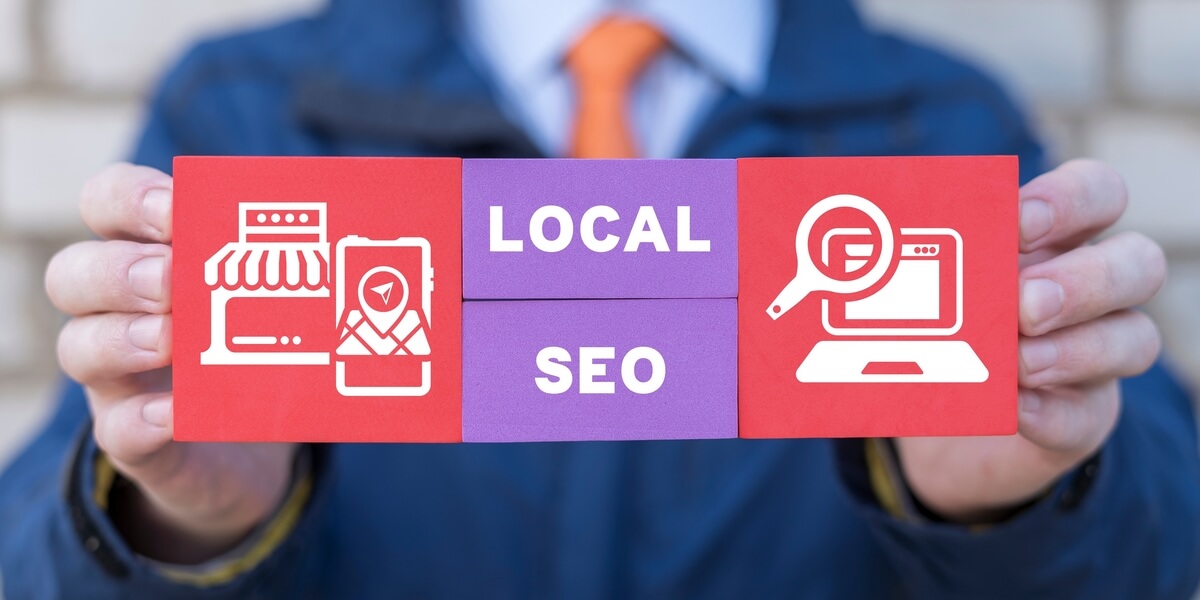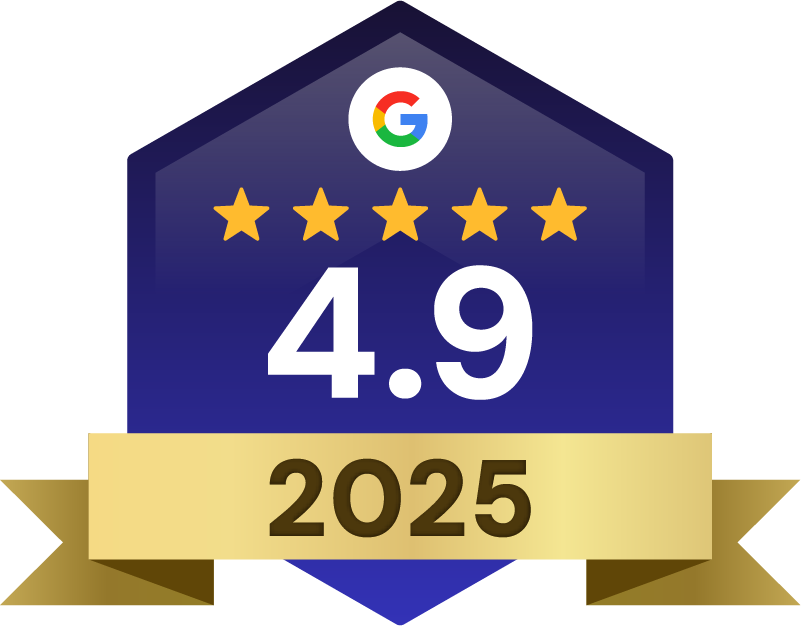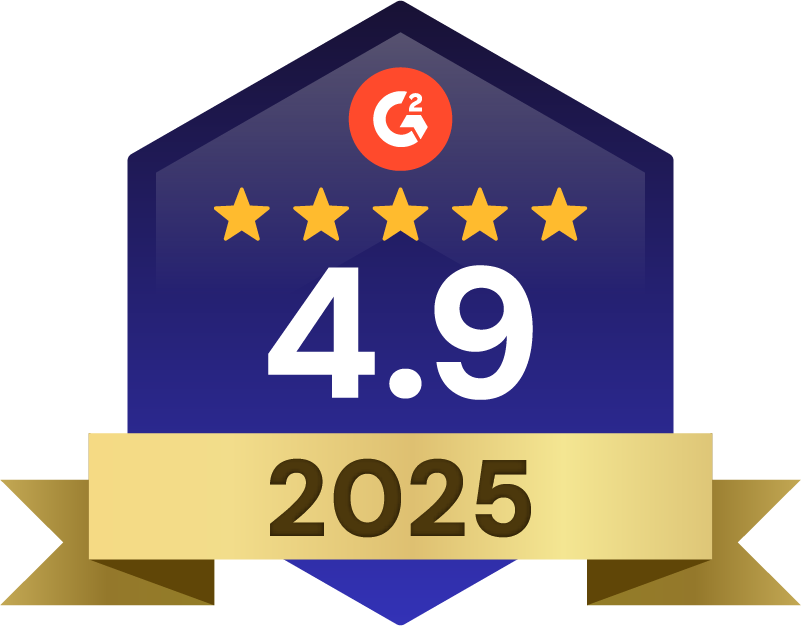Understand the nuances of local and national SEO and learn how to optimize your website for search engines to reach your target audience effectively.
Content Marketing
Understanding how to pick the right SEO approach can really boost your visibility and help you connect with your audience. Both local and national SEO aim to get your website higher in search engine results, but they do it differently and offer their own benefits.
Understanding the main differences between local and national SEO helps businesses make smart choices and use their resources effectively. Matching your SEO efforts with your business goals and target audience can improve your online presence and support growth.
Let’s explore local and national SEO, highlighting their features, benefits, and how you can use them. This will guide you in choosing the right SEO plan for your business and making an impact in search results.

Understanding Local SEO
Local SEO is all about boosting a website’s presence for searches in a specific area, like a city or region. The goal is to attract nearby customers. Using local SEO methods, businesses can show up in top search results when people look for products or services in their local presence.
A good local SEO plan includes optimizing your Google My Business profile, building local citations, and gathering customer reviews. Google My Business lets businesses manage their online presence across Google, including Search and Maps. By creating a detailed and accurate profile, you can give potential customers important info like your address, phone number, business hours, and photos.
Local citations are online mentions of your business’s name, address, and phone number (NAP) across various websites and directories. Keeping NAP information consistent is key for credibility and improve search rankings. Customer reviews are also important for local SEO as they serve as social proof and can influence your visibility in search results. Encouraging satisfied customers to leave positive reviews on Google, Yelp, and other platforms can enhance your local SEO efforts.

Understanding National SEO
National SEO, or traditional SEO, works to enhance a website’s visibility and ranking on a broader or even global scale. Unlike local SEO, national SEO targets a larger audience and aims to rank for keywords that aren’t tied to a specific location. The goal is to draw visitors from around the country or even globally.
A successful national SEO strategy involves targeting nationwide keywords, developing comprehensive content strategies, and building authoritative backlinks. Keyword research is crucial for identifying high-volume, relevant keywords that align with your products or services. By targeting these keywords throughout your website’s content, meta tags, and headings, you can improve your chances of ranking higher in search results.
Content plays a huge role in national SEO, as it helps establish your authority and relevance. Creating valuable content, informative, and engaging content that addresses the needs and interests of your target audience can attract valuable backlinks and enhance search engine rankings. Backlinks from reputable websites show search engines that your website is trustworthy and valuable, which is essential for successful national SEO.

Key Differences Between Local and National SEO
One major difference between local and national SEO is their geographic focus. Local SEO zeroes in on optimizing for local searches, targeting users looking for products or services in a specific area. This often involves using location-specific keywords, like “best Italian restaurant in downtown Seattle.” On the other hand, national SEO targets a wider audience, aiming to reach users across the country or even globally. The keyword targeting for national SEO is more general, focusing on industry-specific terms without a geographic qualifier.
Another key difference is the level of audience engagement. Local SEO often involves more personalized interactions with the target audience, as businesses can leverage their local presence to build relationships with customers. This may include responding to local reviews, participating in community events, and engaging with local influencers. National SEO, meanwhile, focuses on attracting a wider audience and building brand recognition on a larger scale. The engagement strategies for national SEO may include creating shareable content, leveraging social media platforms, and collaborating with industry influencers.
The competitive landscape also varies between local and national SEO. For local businesses, the competition is often limited to other companies within the same geographic area. This can make it easier for small businesses to rank higher in local search results, as they are competing against a smaller pool of competitors. National SEO involves competing against businesses across the country, which can be more challenging. The competition for national keywords is often fiercer, requiring businesses to invest more resources in their SEO efforts to achieve and maintain high rankings.

Benefits of Local SEO
For businesses that cater to a specific geographic area, local SEO offers several key benefits. By focusing on local search optimization, businesses can secure top spots in search results for their target location, making it easier for potential customers to find them. Ranking highly in local search results not only boosts visibility but also increases the likelihood of users visiting the business’s website or physical location.
Local SEO also helps build a business’s reputation within its community. By collecting and showcasing customer reviews on platforms like Google My Business and Yelp, businesses can create a strong online presence that attracts more local customers. Positive reviews act as powerful endorsements, showing that the business delivers quality products or services and values customer satisfaction. This can be particularly helpful for small businesses, allowing them to stand out in a competitive local market.
Another benefit of local SEO is the efficient use of resources. Instead of competing on a national scale, which can be both costly and challenging, local businesses can focus their efforts on specific geographic areas that matter most to them. By targeting local keywords and refining local search tactics, businesses can attract highly qualified leads who are more likely to become customers. This focused strategy allows small businesses to get the most out of their investment and grow their customer base without stretching their resources too thin.

Benefits of National SEO
For businesses aiming to expand their reach and build a strong online presence, national SEO offers a range of compelling advantages. One of the biggest perks is the chance for extensive brand exposure and recognition. By targeting broad, industry-specific keywords and creating high-quality content, businesses can attract a wide audience from across the country or even globally. This increased visibility helps build brand awareness, positioning the company as a leader in its field and making it more likely that potential customers will remember and trust the brand when making purchasing decisions.
National SEO also enables businesses to tap into a diverse and wide-ranging audience. Unlike local SEO, which focuses on a specific geographic area, national SEO allows companies to connect with customers from various regions, demographics, and backgrounds. This broader reach can lead to increased website traffic, a larger customer base, and more opportunities for growth. By appealing to a wider audience, businesses can diversify their revenue streams and reduce their dependence on any single market or customer segment.
Another key benefit of national SEO is the potential for sustainable, long-term growth. By investing in high-quality content and building a strong backlink profile, businesses can establish themselves as authoritative sources within their industry. This not only helps improve search engine rankings but also fosters trust and credibility among potential customers. As the business continues to produce valuable content and earn high-quality backlinks, it can maintain its online visibility and attract a steady stream of organic traffic. This sustainable approach to SEO can provide a solid foundation for long-term growth, helping businesses adapt to market changes and evolving customer needs.

Implementing Local SEO Strategies
1. Optimize Google My Business Profile
A strong Google My Business (GMB) profile is a cornerstone of effective local SEO. GMB is a free platform that allows businesses to manage their presence across Google Search and Maps. By ensuring your business information is thorough and up-to-date, you can enhance your visibility and credibility in local search results.
Key elements of a complete profile: Your GMB profile should include your business name, address, phone number, website, hours of operation, and categories. Consistency across all platforms is vital—make sure this information matches what’s on your website and other online directories. This consistency builds trust with search engines and potential customers.
Tips for optimization:
- Upload high-quality images of your business, products, and services to give potential customers a visual understanding of what you offer.
- Promptly respond to customer reviews, addressing both positive feedback and any concerns raised.
- Use the GMB Posts feature to share news, special offers, and upcoming events to keep your profile engaging and current.
- Utilize GMB Insights to monitor and analyze your profile’s performance, helping to identify opportunities for improvement.
2. Build Local Citations
Local citations, which are mentions of your business’s name, address, and phone number (NAP) on various websites, are crucial for local SEO. These citations help search engines verify your business’s existence and improve your local search rankings.
Ensuring NAP consistency: It’s important that your NAP information is consistent across all citation sources. Inconsistencies can lead to confusion for both search engines and potential customers, undermining your credibility and search rankings. Consistent NAP information strengthens your business’s online presence and makes it easier for customers to find and contact you.
Where to list your business:
- Submit your business to local directories such as Yelp, Yellow Pages, and industry-specific directories that are relevant to your business.
- Join local chambers of commerce and business associations to gain backlinks and establish your presence within the local community.
- Seek opportunities to feature your business in local media outlets or sponsor community events to increase exposure and earn citations.
3. Engage with the Local Community
Building strong connections within your local community can significantly enhance your local SEO efforts and establish your business as a trusted local resource.
Participating in local events and sponsorships: Engage in or sponsor community events like charity fundraisers, festivals, or industry conferences. This not only increases your business’s visibility but also helps you earn local citations and demonstrates your commitment to the community.
Encouraging local customer reviews and feedback: Customer reviews are crucial for local SEO as they provide social proof and can influence potential customers. Encourage satisfied customers to leave reviews on platforms like Google My Business and Yelp. Responding to all reviews, whether positive or negative, shows that you value customer feedback and are dedicated to providing excellent service.
By implementing these local SEO strategies—optimizing your Google My Business profile, building local citations, and engaging with your local community—you can improve your business’s visibility in local search results, attract more qualified leads, and drive growth.

Implementing National SEO Strategies
1. Conduct Comprehensive Keyword Research
Finding the right keywords is key to a solid national SEO strategy. By targeting broad, impactful keywords related to your industry, you can reach a wide audience and drive more traffic to your site.
Tools for keyword research: Use advanced tools like Google Keyword Planner, SEMrush, or Ahrefs to find valuable keyword opportunities. These tools provide insights into search volume, competition levels, and related terms, helping you make informed decisions.
Analyzing search intent: When choosing keywords, think about what users are looking for. Focus on keywords that match your business offerings and the needs of your target audience. By understanding what users want when they search for specific terms, you can create content that effectively addresses their queries and keeps them engaged.
2. Develop High-Quality, Evergreen Content
Creating valuable, authoritative content is key for national SEO success. By developing resources that showcase your expertise, you can attract backlinks, establish your brand as a thought leader, and improve your search engine rankings.
Types of content: Implement a diverse content strategy that includes blog posts, articles, whitepapers, guides, infographics, and videos. Each piece should be well-researched, engaging, and optimized for your target keywords. Aim to create content that remains relevant and useful over time, as this can continue to drive traffic and backlinks long after it’s published.
Optimizing content for search engines: Make sure your content is structured in an SEO-friendly way. Use header tags (H1, H2, H3) to organize your content and include target keywords in your titles, subheadings, and throughout the body of your text. Optimize your meta titles and descriptions to entice users to click through from search results. Following SEO best practices can improve your content’s visibility and ranking.
3. Build Authoritative Backlinks
High-quality backlinks from reputable websites are important for national SEO because they show search engines that your content is valuable and trustworthy. Earning these backlinks can enhance your website’s authority and improve your search engine rankings.
Strategies for earning backlinks:
- Create link-worthy content: Develop unique, informative content that other websites will naturally want to link to, such as industry reports, case studies, or comprehensive guides.
- Engage in guest blogging: Contribute high-quality guest posts to reputable websites in your industry. Include relevant links back to your own content within the guest post to drive referral traffic and build backlinks.
- Leverage broken link building: Identify broken links on relevant websites and reach out to the site owners, suggesting your content as a replacement. This can be an effective way to earn valuable backlinks while helping other websites.
- Participate in industry forums and communities: Engage in online discussions related to your industry, offering insights and linking back to your content when appropriate. This can help establish your brand as an authority and drive targeted traffic to your website.
By conducting thorough keyword research, developing high-quality content, and building authoritative backlinks, you can create a strong national SEO strategy that drives long-term success. Keep an eye on your progress, be ready to adjust your approach as needed, and stay updated with the latest SEO best practices to maintain your competitive edge.

Tips on Choosing the Right SEO Strategy
1. Assess Your Business Goals
When deciding between local or national SEO, align your strategy with your overall business goals. Think about what you want to achieve with your online presence and how SEO can help you reach those objectives.
Local business goals: If your main goal is to attract customers to your physical store or service area, local SEO should be your focus. Optimizing for local search can increase foot traffic, phone calls, and revenue from nearby customers.
National business goals: If you’re looking to expand your brand’s reach, tap into new markets, or establish your business as an industry leader, national SEO might be a better choice. By targeting a broader audience, you can drive more website traffic, generate leads from across the country, and build a strong online reputation.
2. Analyze Your Target Audience
Understanding your target audience is key to choosing the right SEO strategy. Consider the demographics, location, and search behavior of your ideal customers to determine whether local or national SEO is more suitable.
Local audience factors: If your target customers are primarily located within a specific city, region, or service area, local SEO can help you reach them effectively. Local SEO tactics can help you connect with people who are searching for businesses like yours in their immediate area.
National audience factors: If your target audience is spread across the country or your products or services are not limited by geography, national SEO may be the better approach. By targeting a wider audience, you can expand your reach and attract customers from various regions and backgrounds.
3. Budget and Resources
Your available budget and resources will also play a role in deciding the best SEO strategy for your business. Consider the time, money, and expertise you can allocate to your SEO efforts to ensure you choose a sustainable approach.
Local SEO resource allocation: Local SEO can be a cost-effective option for small businesses, as it allows you to focus your efforts on a specific geographic area. However, it still requires consistent effort to optimize your Google My Business profile, build local citations, and engage with your community.
National SEO resource allocation: National SEO often requires a larger investment in terms of time and money, as you’ll be competing against businesses across the country. You’ll need to allocate resources for keyword research, content creation, link building, and ongoing optimization to achieve and maintain high search engine rankings.
By assessing your business goals, analyzing your target audience, and considering your available resources, you can make an informed decision about whether local or national SEO is the right strategy for your business. Your SEO approach can evolve, so regularly review your strategy and make adjustments as your business grows and your goals change.
At AgentFire, we understand the importance of choosing the right SEO strategy for your real estate business. Whether you’re focusing on local or national SEO, our team is here to help you achieve your goals and drive sustainable growth. Book a Demo with us today to learn how our platform can enhance your online presence and attract more clients.






